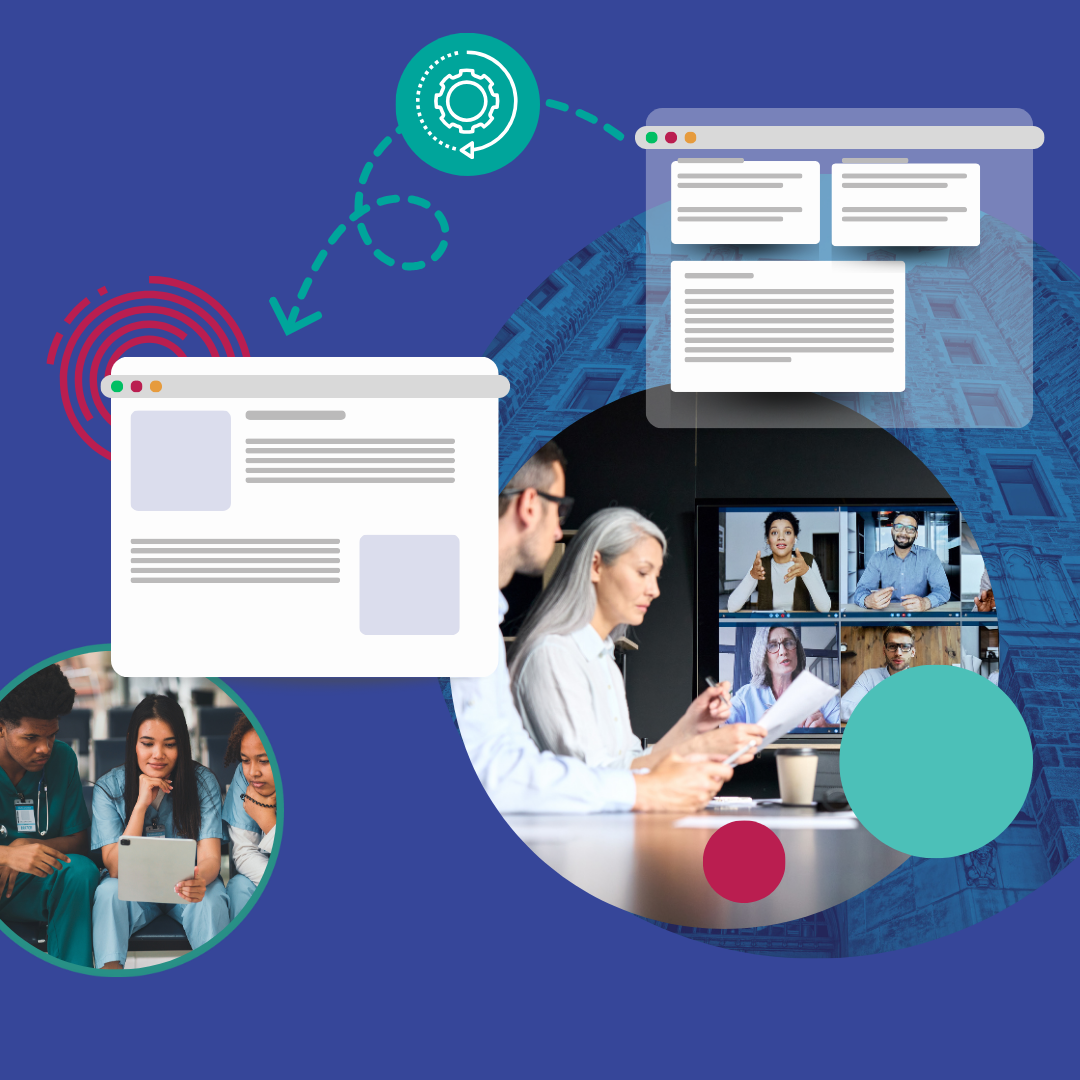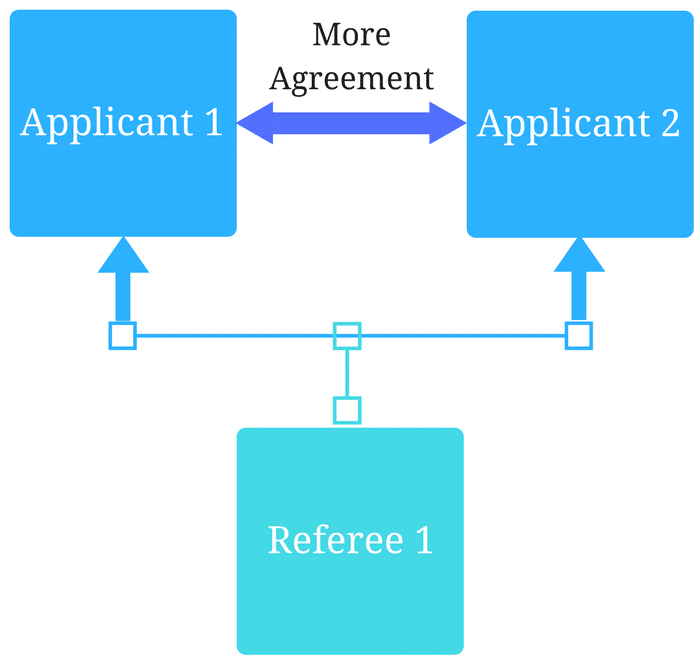How to Leverage Your Data for Precision Education

March 21, 2024
This week on the Holistic Success Show Dr. Kelly Dore, Co-Founder/VP Science & Innovation at Acuity Insights discusses the growing excitement around precision education – and what it is, exactly.
What is precision education?
Precision education is an educational model that leverages data to make education personalized, adaptable, and effective for each learner. The use of longitudinal data allows for continuous insight into a learner’s ability and long-term progress, creating a much more comprehensive understanding of each learner.
Leveraging this information allows for the early identification of individuals facing challenges, enabling prompt intervention. This approach minimizes disruptions and improves their educational outcomes, ultimately contributing to the betterment of the overall health system.
What impact does precision education have on learners?
Education is not one-size-fits-all. Learners come from a varied set of circumstances and life experiences, bringing with them different strengths and weaknesses. This is difficult to reflect in curriculum, which has a defined structure, or through ongoing assessment and evaluation of learners.
Consider a failed exam. In a traditional educational setting, a failed exam is a signal that something has gone off track and needs to be addressed. Educators and learners must then discuss knowledge gaps or other areas of concern.
With a precision education approach, you include a larger number of data points and can then leverage that data to see actionable patterns, often earlier in the program or course. Using this approach, it becomes easier for educators to intervene prior to exams, providing additional support to the learner, or having the ability to implement changes that don’t have the same disruptive impact that a “sudden” failed exam could bring.
With more potential areas of difficulty identified ahead of time, learners can focus on their tailored educational journey to achieve their future career goals.
What are the benefits of precision education for programs?
There are many benefits to programs using precision education:
- Precision education saves resources. By leveraging learner data, problems can be detected earlier and interventions can prevent larger disruptions during the education journey. This saves time and resources for both faculty and learners.
- By tailoring a program’s education to its unique learners, precision education creates a successful flywheel for programs. Fostering success for a more well-rounded learner population increases the opportunity for broader recruitment from the groups they are part of.
- Through analysis of data trends and early intervention, both educator and learner have a better grasp on how to create success collaboratively, leading to greater satisfaction in the educator-learner relationship.
What are the challenges for programs?
It can be overwhelming to embark on any change, especially in the early stages of a transition. With a precision education model some programs may wonder how they can comprehensively support every learner during their educational journey.
First, let’s step back. The goal of precision education is not to provide moment-to-moment support for learners, but to find opportunities for early and specific intervention for learners when they are having difficulty.
Here are some actions programs can take to address these challenges:
- Look at your curriculum map. In a previous episode, we explored how important curriculum mapping is for program and learner success. Identify the gaps in your map where learners struggle. Is there something that you could offer those students in between courses to fill knowledge gaps? What is the manageable chunk you can do from an improvement standpoint to help your learners ensure they’re successful?
- Explore resources beyond your program or institution for additional support. Ensure that your learners are aware of other online spaces, peer tutoring groups, or communities of practice.
How are data and technology used to support the delivery of precision education?
Precision education is built on data. Programs use the data they gather to provide timely interventions during the educational journey to support learners. With that in mind, data and technology are central to this model.
Programs that are currently using a precision education model rely on educational data warehouses. Their data is not stored in silos or across departments on individual computers. All the data is tied together on a central platform that can automate the data points and insights needed. The sheer scale of managing the data points of hundreds or thousands of students manually, while trying to implement precision education, makes automation and data warehouses essential.
What is in store for precision education?
The future of precision education is bright. Current trends indicate that there will be greater implementation of AI and other automation in data management. AI, if done right, could support early intervention for programs at every level of resourcing.
In 2023, the American Medical Association (AMA) identified precision education as a high-priority area of strategic focus, looking at opportunities to innovate at the medical school, residency, and health system levels. Fundamental principles for precision education are being proposed and refined so that this model can be more consistently adopted and executed across medical education.
Precision education revolutionizes the interaction between programs and learners. Through tracking and analyzing learner data, it identifies patterns and tailors educational experiences accordingly. This approach empowers learners by providing personalized journeys, fostering greater autonomy in their learning process. A learner can be proactive in their education in a way that wasn’t possible before, as they can better understand their own tendencies, competencies, and challenges more comprehensively.
If you’re interested in learning about the exciting future (as well as the exciting present!) of precision education, check out our recent episode.
Related Articles

How interviews could be misleading your admissions...
Most schools consider the interview an important portion of their admissions process, hence a considerable…
Reference letters in academic admissions: useful o...
Because of the lack of innovation, there are often few opportunities to examine current legacy…
